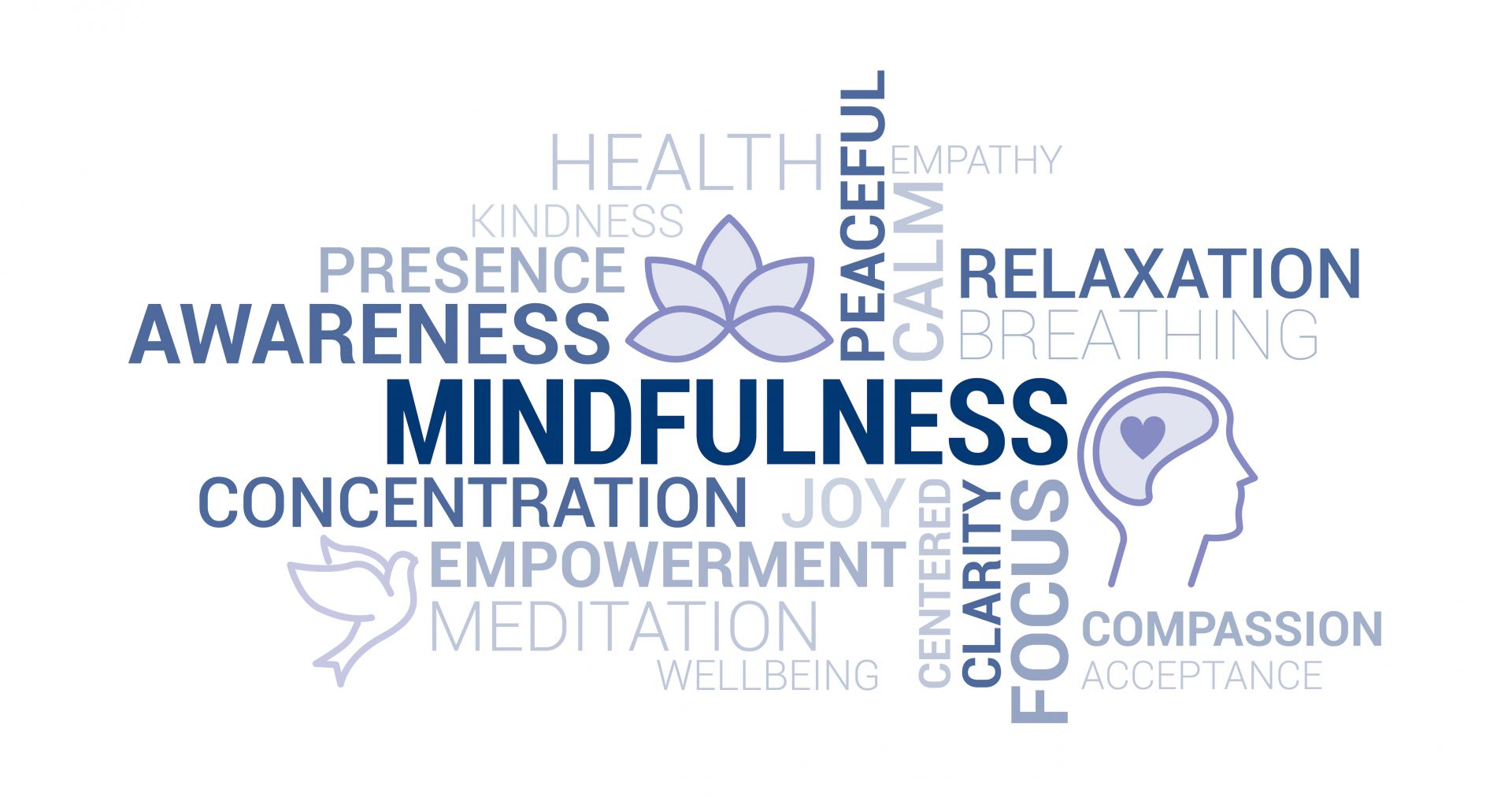PLX Academy · Personal Experiences · 11 May 2022

Americans are discovering new ways to prioritize and boost their mental health. This is because 45% of them have grappled with anxiety, 36% with sadness and depression, and 34% with anger.
Up to 46% of Americans help manage their mental health and reduce anxiety by taking 5 to 10-minute breaks throughout the day to focus on mindfulness, according to arecent survey from the Cleveland Clinic and Parade Media. Many studies show that mindfulness can have a positive impact and enhance a physician’s wellbeing and performances, which was at higher risk previously, evidenced by high burnout rates amongst doctors around the world.
According to a recent survey, Americans are finding these “mindful moments”, more doable and effective than more extended periods of mental – health boosting activities. In fact, 70% of Americans believe that taking these shorter breaks throughout the day has been more beneficial for maintaining and improving their mental wellbeing than taking one 30 to 60 minute break.
“Everyone’s familiar with the concept of the ‘mental health day,’ but our survey suggests that just a few minutes of time set aside each day to relax and recharge can make a real difference,” says Lisa Delaney, Parade Media’s SVP/Chief Content Officer.
That is the good news—but some of the findings prove just how far we have to go, at least from a mental health perspective. Here is everything you need to know about the state of Americans’ mental health in 2022, and how they can start to make some real changes.
Long story short: More than one-third (37%) of all respondents rate their current mental health as average or low. Significant percentages of Americans said they grappled with anxiety (45%), sadness and depression (36%), and anger (34%) at least once a week in the last month.
Crucially, the survey revealed many Americans who rated their mental health as low are not engaging in well-researched activities proven to improve mental health. Less than half exercise regularly (37%) or spend time outside (37%), compared to 52% and 46% respectively of those who rate their mental health as high.

Those with strong mental health also believe getting adequate sleep (87%), movement (76%), and socializing with others (71%) are beneficial to their mental/emotional health.
“Simply taking a 5-minute walk offers both exercise and time outside to clean your head and recharge for the rest of the day,” says Kia-Rai Prewitt, Ph.D., a psychologist with the Cleveland Clinic’s Center for Adult Behavioral Health. “Even so, don’t get discouraged if you have to skip it every now and then. Building moments of mindfulness into your daily routine is a marathon, not a sprint.”
